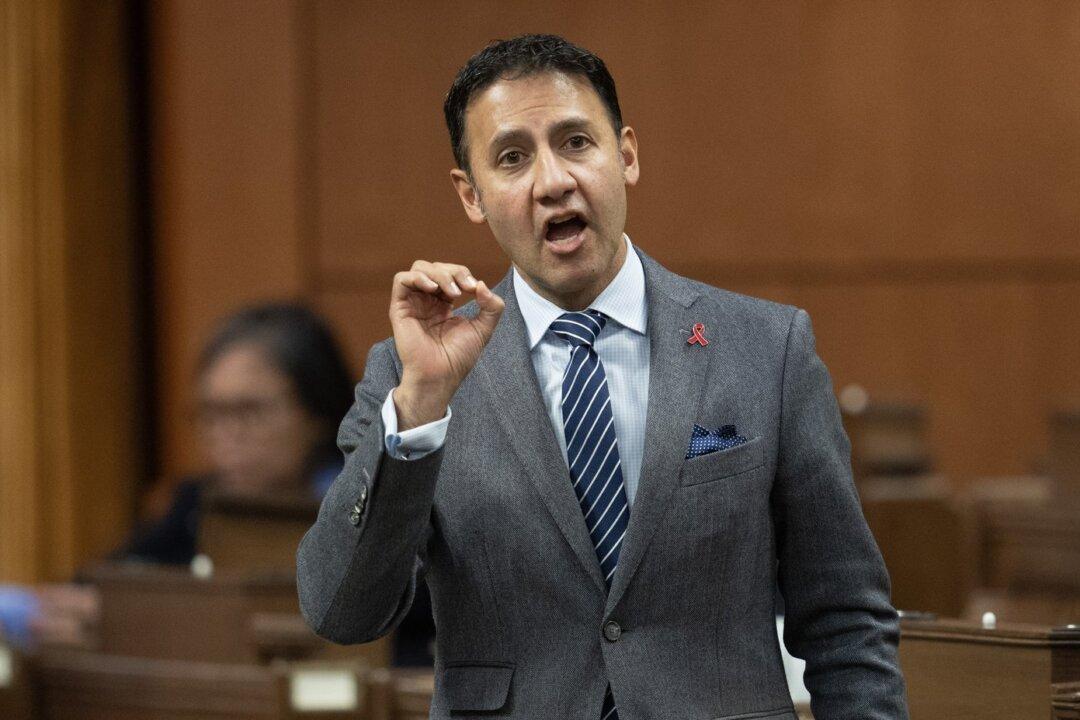As the Online Harms Act went through second reading in the House of Commons, Liberals said the bill would protect children and victims of sexual exploitation, while Conservatives raised concerns about the legislation leading to censorship and disproportionate penalties for crimes.
“What is contemplated in this law is taking current jurisprudence that applies in the physical world and applying it in the online world,” Justice Minister Arif Virani said in the House of Commons on Sept. 23. “We’ve heard tremendous support for this legislation from all sectors of society, including [The Centre for Israel and Jewish Affairs] that has called for more strict penalties for hate propaganda, prompting them to get behind this bill.”





